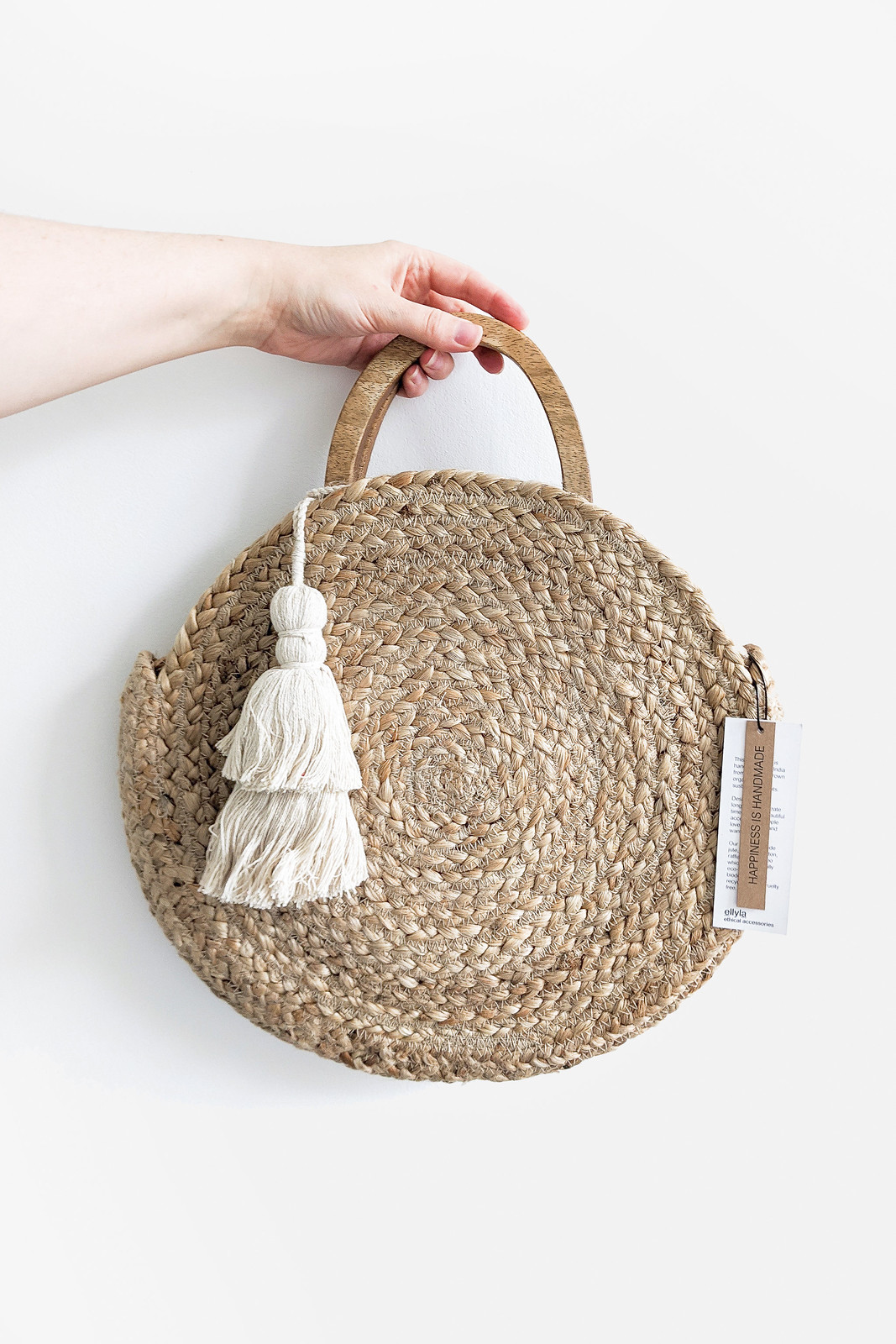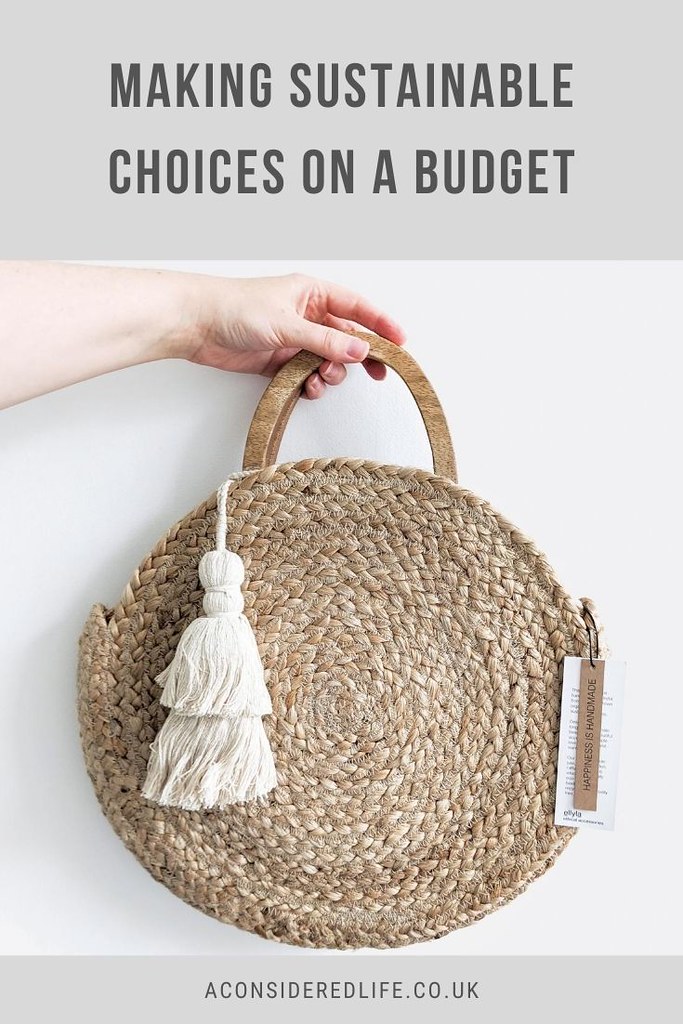
The sustainable choice is often a more expensive choice. The upfront costs of being able to bulk buy plastic-free non-perishables or a fairly-made item of clothing prices a lot of people out of being able to make these undoubtedly more ethical decisions about where they shop and what they buy. It's hard to blame people for not wanting to spend extra money on things they could buy for cheaper, particularly when they're on a tight budget. Combine that with decades of price conditioning and it's no longer a mystery why many of us don't want to pay the real price of sustainably-made items. However, it is possible to make more ethical choices and shop sustainably when your budget is limited, here's how:
Buy Less
There are lots of ways we're conditioned into believing we need to buy things all the time, from new clothes every season to redecorating our homes each year. It's also seeped into the minimalist and zero waste lifestyle with Marie Kondo selling overpriced organisation boxes and influencers promoting us "products we need" to live a low waste lifestyle.
We can't shop our way to a healthier planet. We need to stop buying so much stuff and start making more considered purchases. One of the simplest and easiest ways we can start to do that is to stop buying so many clothes - especially those made by fast fashion brands. Clothing production has more than doubled since 2000. We wear fast fashion clothing less than 5 times and keep them for only 35 days. Asking a few questions will help separate wants from needs.
Shop Second-Hand
There is so much unwanted good-as-new stuff available to buy online and in charity shops that you can find pretty much anything you want second-hand, as I showed when I thrifted for everything I needed for an entire year. Second-hand has an image problem because brands want you to believe that buying something pre-owned means it's not as good as buying new but that's a lie. Thrifting doesn't have to mean purchasing worn out things, it can mean buying something that's literally brand new at half the price. You can even find items being given away for free.
The last thing we need to be doing is buying more new stuff when there are plenty of good-as-new items waiting for us to buy them. Shopping second-hand is one of the easiest and most sustainable ways you can reduce your environmental impact, and considering you can thrift both online and offline; it's also one of the most accessible options too. New to thrifting? Here are some tips.
Use Things Up
We're all guilty of overlooking things we don't love that much in favour of buying something nicer to replace them. This is particularly true with skincare we don't love, clothing we don't wear, and ingredients we don't like the taste of. When I challenged myself not to buy anything new for a year, the more I looked around the more I found things I had forgotten about ignored.
There's a real pleasure to be found in using things up and it helps to reduce waste too. So take a look in your cupboards and wardrobe, and if you find you're hanging onto things try using them up or passing them on to someone else. Decluttering is a sustainable way to tackle our unwanted stuff by using them up or finding new homes for them.
Borrow It
The most sustainable item is the one that already exists. Before making a purchase, particularly for things you won't need that often, try borrowing instead. There are lots of things that are unnecessary to buy when we'll only use them once or twice throughout the year; things like tools, formal clothing, books, or kitchen gadgets. Friends, family, and even neighbours may be able to lend you whatever you need and save both of the money and waste caused by an unnecessary purchase. Even borrowing books from the library (or a book loving friend) is better than buying a paperback or downloading the electronic version, which will be read once and forgotten about.
Apply Discounts
If you need to make a purchase, always look for reduced items, discounts, and shop the sales. There are browser extensions that can help with this but searching '[brand name] discount code [year]' is incredibly successful in finding active codes and offers that can reduce your cart total. Following content creators focused on sustainable living can help make purchases from ethical brands more affordable. If you can't find a discount code, it's worth reaching out to individuals to ask if they can provide you with one. I know the brands I work with are often happy to provide 10-15% off when I ask on behalf of my readers!

